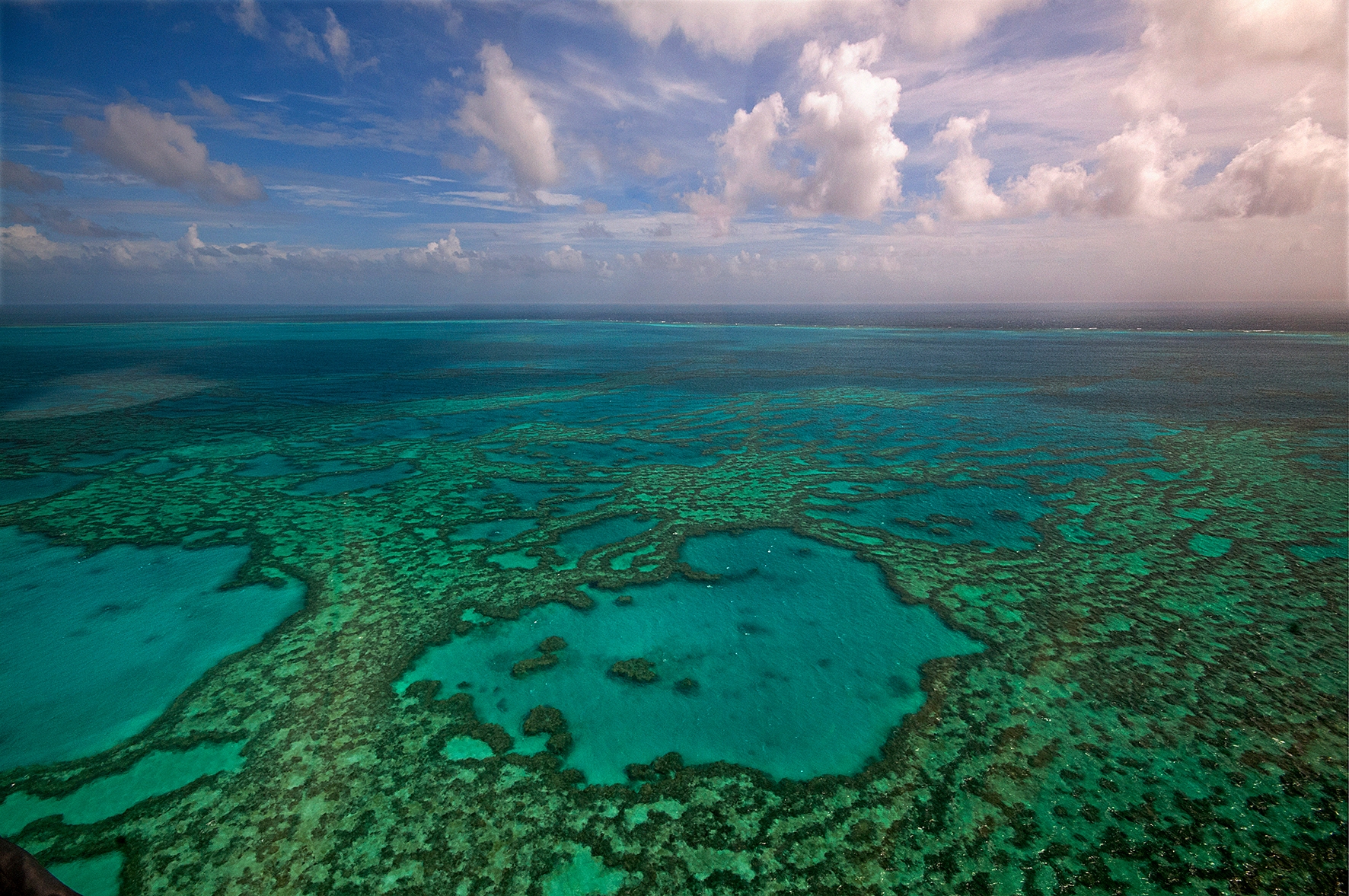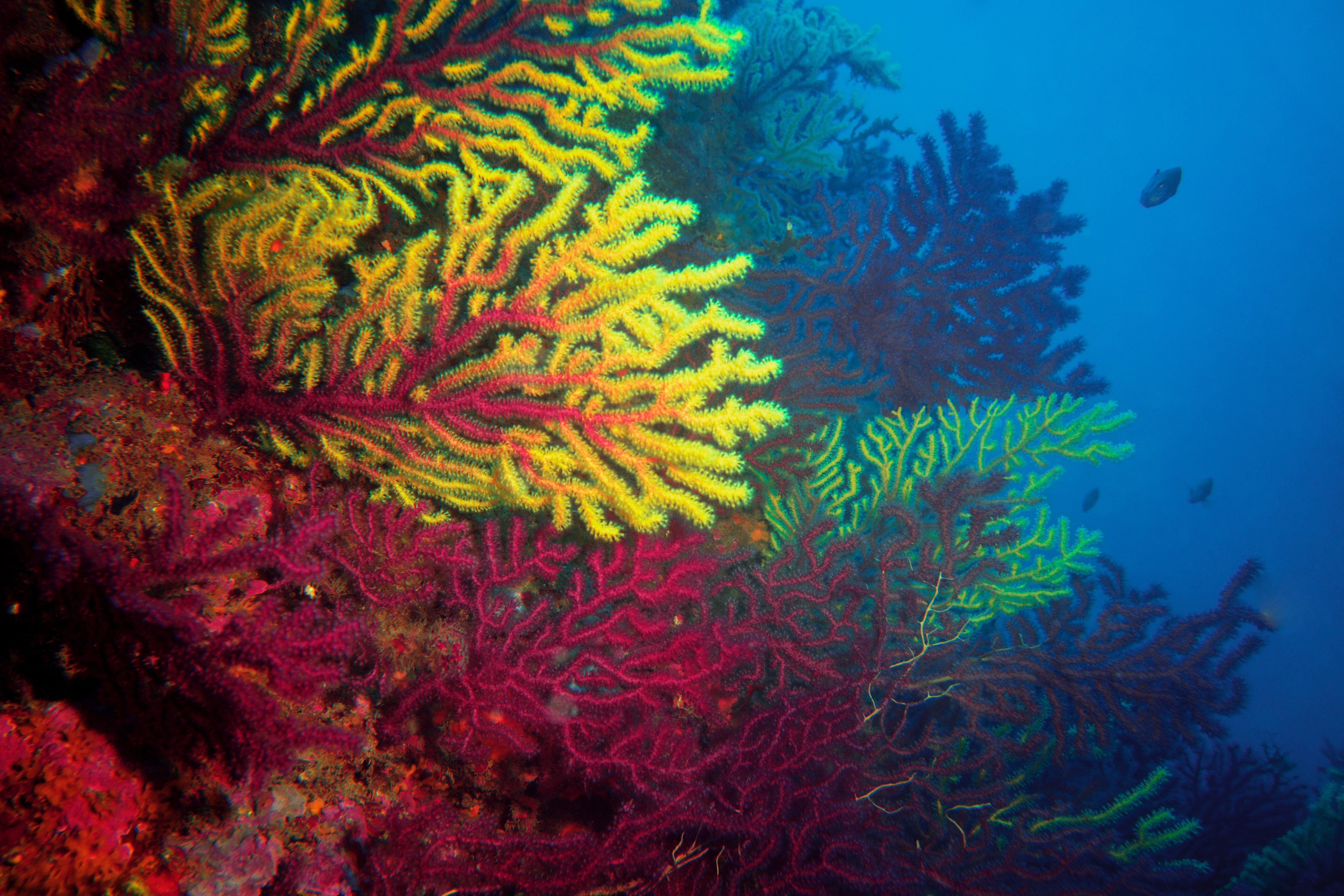275 million people directly depend on coral reefs for their livelihoods and sustenance, but the IPCC predicts that 99% of corals will be lost under 2°C of global heating. Pollution and unsustainable fishing present further threats. Reefs are more biodiverse than any other marine habitat, but they are more threatened now than ever. Here's why we need to save them - and how to go about it.
The threats to corals
More than 75% of all coral reefs on the planet are currently threatened by a combination of stressors including climate change, overfishing and destructive fishing, coastal development, pollution and damage. As they deteriorate, fish populations disappear, reefs provide less storm protection, they are less attractive to tourists and they no longer contribute to the formation of sandy beaches, which are in turn another protective barrier for coastlines and tourist attraction. Overfishing and pollution are serious immediate threats to many reefs; however, climate change is now the primary concern and will cause irreversible damage to reefs worldwide.
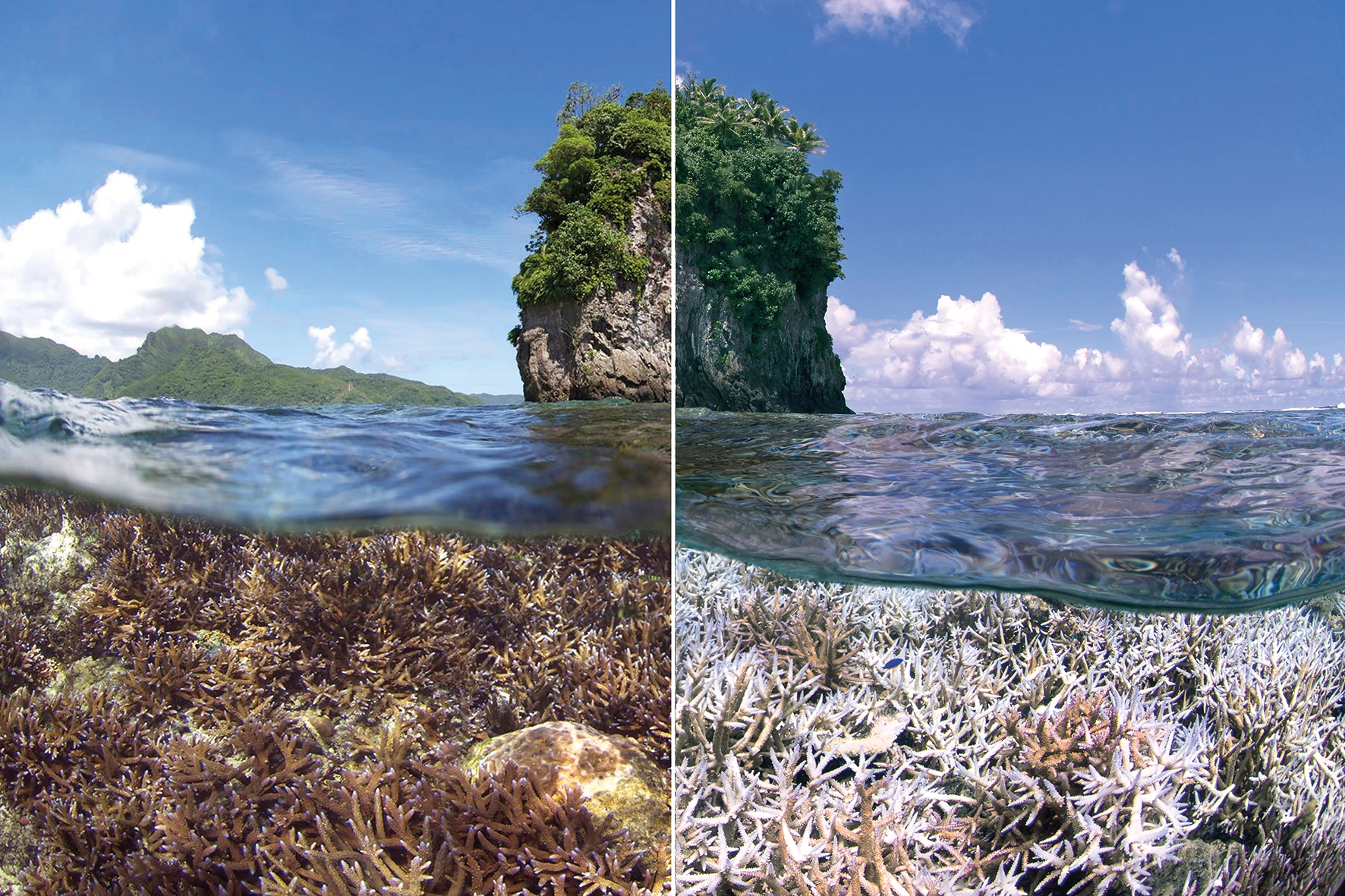
We need to tackle both local and global impacts at the same time. If we fix the climate problem, humans can still continue to degrade reefs. But if we fix the local threats, climate change is still going to be an enormous problem.
Dr Elizabeth Shaver, Coral Restoration Lead for the Nature Conservancy’s Reef Resilience Network Programme
(image credit: The Ocean Agency / XL Catlin Seaview Survey)
The reef orchestra
Coral reefs have a distinct soundscape which is vital in attracting young fish to safe, suitable habitats and guides fish who have left the reef back to their home. However, degraded reefs are unable to perform this important ecological function.
Soundscapes from recently degraded reefs are significantly quieter and attract 40% fewer juvenile fish when compared to healthy reefs, research has shown.
The soundscape effect is likely to cause negative impacts on the chance the reef has to survive, as healthy fish populations are essential in helping reefs to recover from storm damage and bleaching.
Soundscapes from recently degraded reefs are significantly quieter and attract 40% fewer juvenile fish.
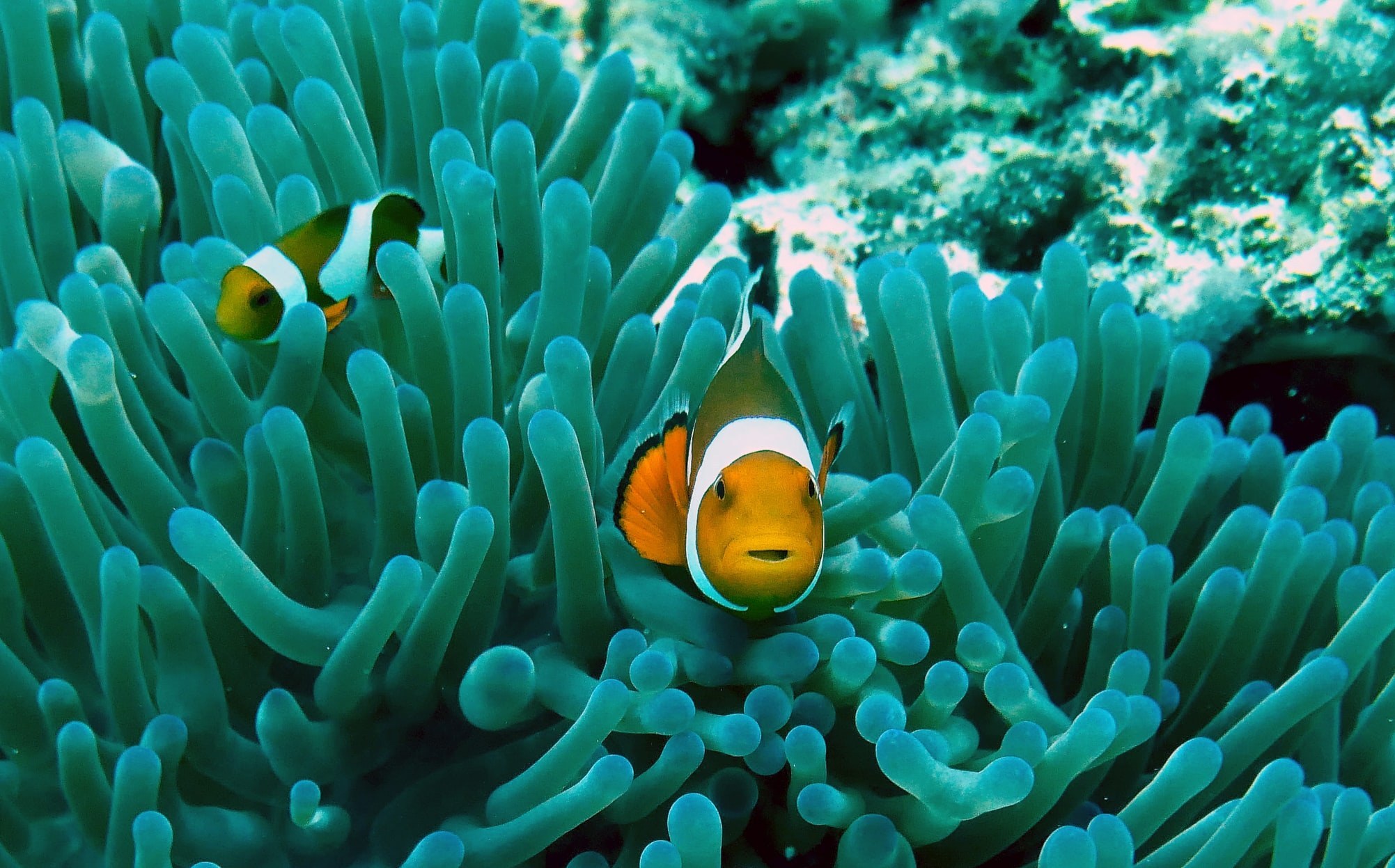
A haven for wildlife
Coral reefs are one of the richest ecosystems on the planet, supporting an estimated quarter of all marine species and rivalling rainforests in terms of diversity of wildlife. These complex ecosystems include hard and soft corals, sponges, crustaceans, molluscs, fish, sea turtles, sharks, dolphins and much more – including ‘foundation’ and ‘keystone’ species such as corals and sea turtles.
Many fish species rely exclusively on coral reefs; such as Butterflyfish, whose larvae settle only on live coral colonies and who rely on coral polyps for 80% of their diet. The loss of 99% of their sole habitat – which the IPCC predicts will occur at 2°C of global heating – would be devastating, not only for Butterflyfish but a multitude of other species heavily dependent on reefs.
If we lose the reefs, we lose a treasure trove of biodiversity.
The link to climate breakdown
The climate crisis is a severe threat to coral reefs. As the global temperature rises, reefs will be put at risk from warming oceans, higher frequency cyclones, increased precipitation, sea level rise, rising acidification and changing ocean circulation.
These factors alter the delicate balance of conditions necessary for tropical coral reefs to function, causing bleaching and destruction of reefs.
In many cases, this damage is irreversible.
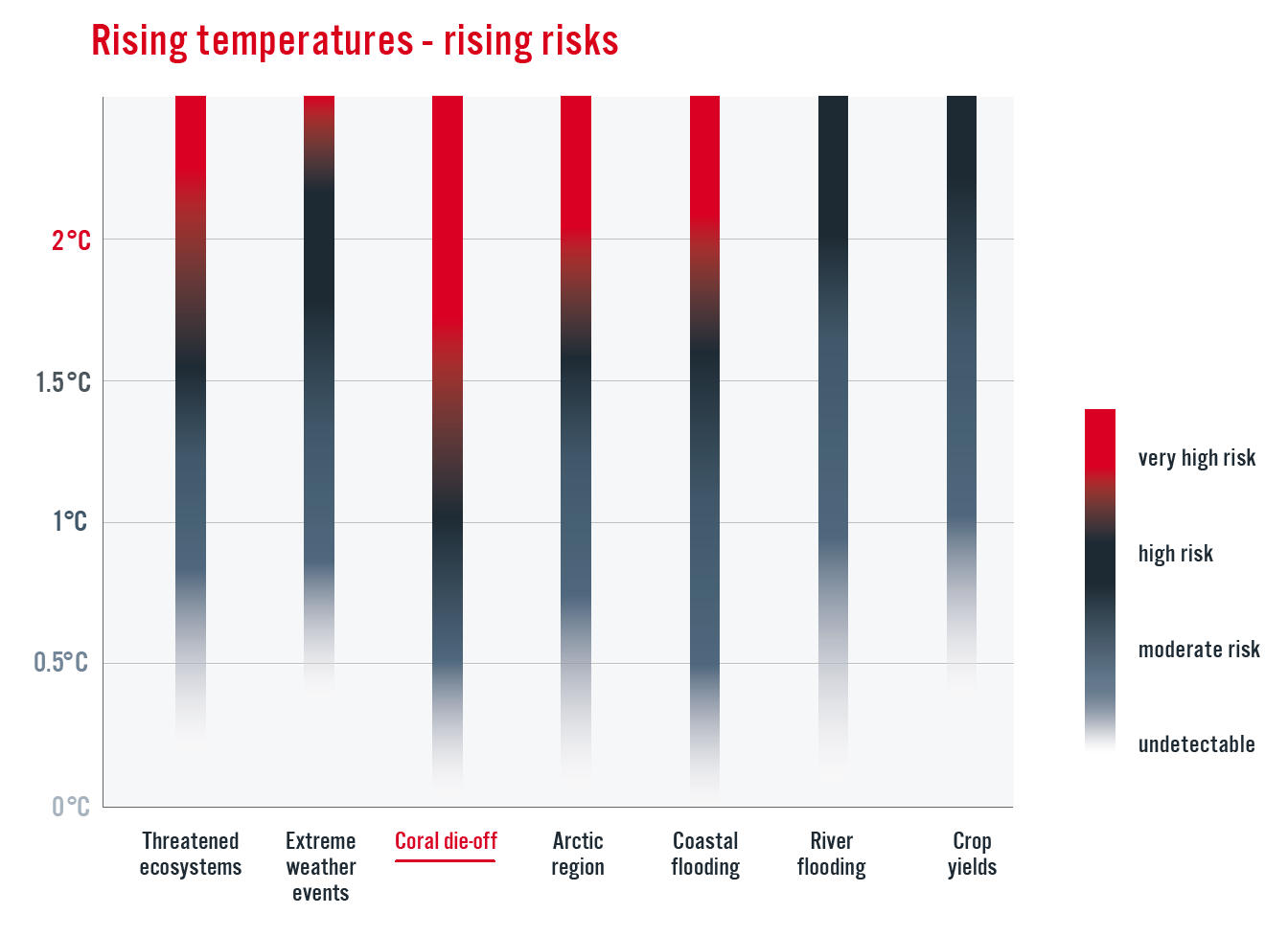
How people benefit from reefs
Reefs are a crucial food source for many coastal communities. In developing countries, coral reefs contribute approximately a quarter of the total annual fish catch, feeding 1 billion people in Asia alone.
Coral reefs also provide opportunities for employment and income generation. Both fishing and tourism are highly dependent on the health of the reef. Small island developing states can be particularly dependent on coral reef tourism such as scuba diving and snorkelling, but larger economies like the USA and Australia also gain billions of dollars a year from reefs.
Lastly, coral reefs can absorb 70-90% of wave energy, forming a natural protective barrier against storms and flooding. This ensures a safer environment and removes the cost of expensive man-made defences.
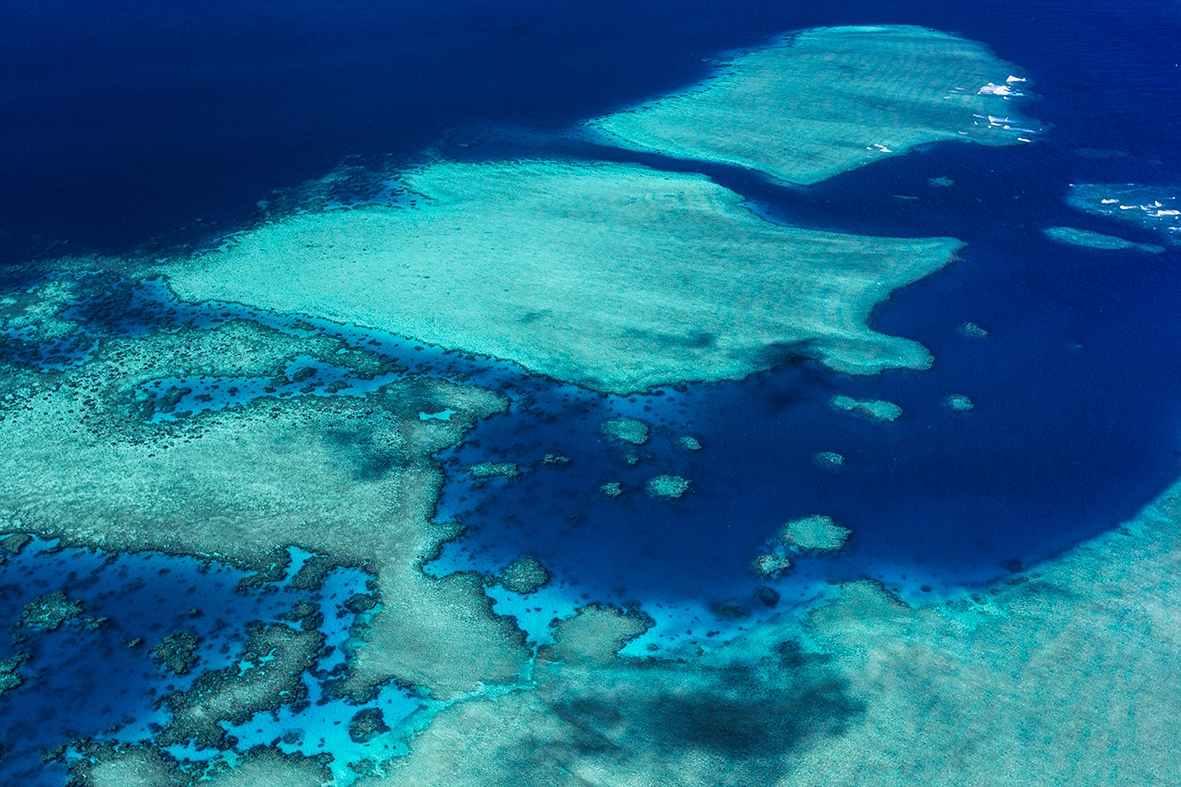
Saving coral reefs and the vital protection, livelihoods and food security they provide to coastal communities means ending the climate crisis.
EJF
Image credit Gaby Barathieu / Coral Reef Image Bank
Our recommendations for how to save coral reefs
To tackle the climate crisis
- The Paris Agreement must be urgently and fully implemented
- All major economies must transition to zero carbon by 2030
- The EU should initiate the creation of a high-profile, fully resourced, inter-agency taskforce to tackle climate change
- A UN special rapporteur on human rights, economic well-being and climate change should be immediately established
To ensure reefs survive the climate breakdown we cannot avoid
- Illegal and unsustainable fishing must be stopped
- Fishing practices which destroy reefs must be banned, and these bans must be enforced
- Marine Protected Areas must expand to 30% of the oceans
- These protected areas must offer true protection, with clear restrictions and conservation targets
- Coral-harming pollution must be curbed
- All stakeholders must be involved in future planning for reefs
